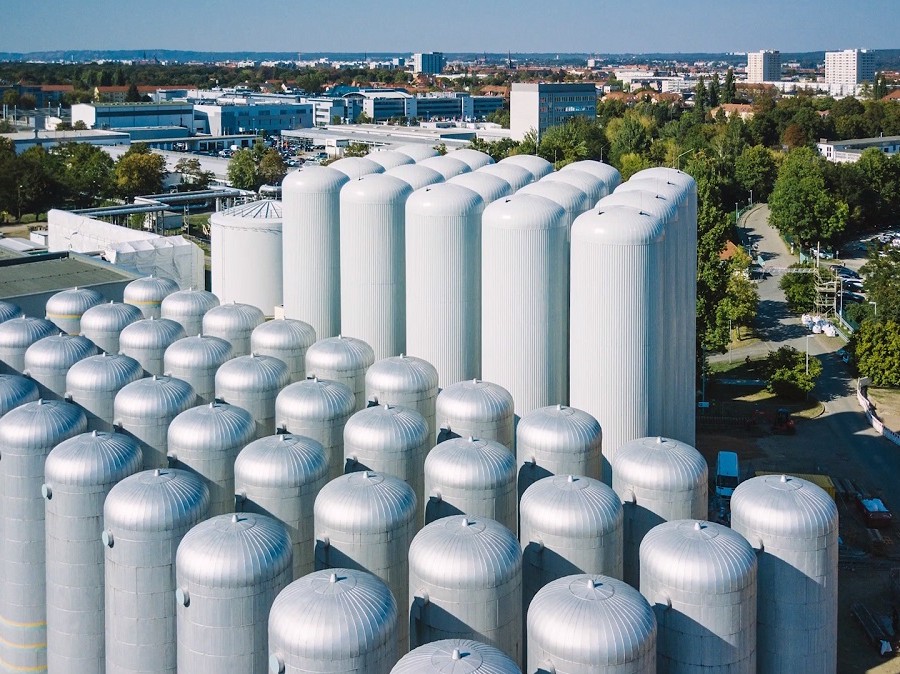Renewable district energy: cities' first step towards decarbonisation
Decarbonization and efficiency of the energy production process is by far the most important step towards compliance with the Paris Agreement. Thus, in order to fulfil the EU's climate and energy goals, the heating and cooling sector must sharply reduce its energy consumption and cut its fossil fuels usage. According to Eurostat's 2018 figures, 75% of the heating and cooling systems in Europe are still generated from fossil fuels while only 19% are generated from renewable energy. Moreover, half of the EU's energy consumption are spent on the heating and cooling systems in buildings and industries with 79% of it dedicated to heating and hot water usage in households as reported by the EC. These numbers exhibit the crucial role of district energy in smart cities. In the form of district heating and cooling networks (DHC), these infrastructures decarbonise and generate new business opportunities and economic growth for the local communities. With half of the cities' energy consumption dedicated to heating and cooling usage, smart cities, like MAtchUP lighthouse city of Dresden, are increasingly turning their attention towards modern district energy as a low carbon solution: "District heating plays an important role in Dresden. Our project investigates how renewable energies will be integrated into our energy network". This is how Mr. Alexander Haidan, MAtchUP Project Leader at DREWAG, opens the second episode of the DREWAG video series. This episode focuses on the district heating taking place in the Saxon capital and shows how smart data can protect the climate. As reported in the article "Big boilers from Reick" written by Peter Hilbert, Reick innovation power plant stands as Dresden's main example of efficient district heating. In 2018, this heat storage system was extended by 20 containers and is now the main heating source of the city. But how can these storage tanks protect the climate? Read the full article here: http://www.matchup-project.eu/news/renewable-district-energy-cities-first-step-towards-decarbonisation/

